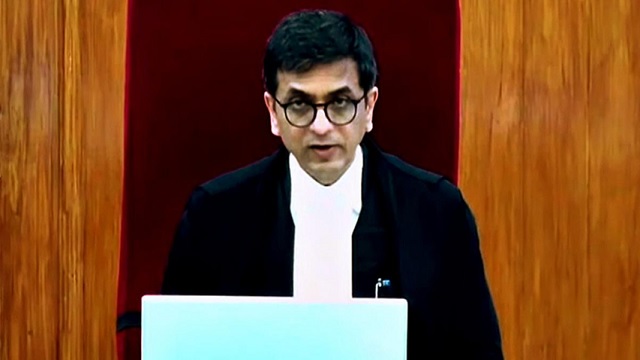SC Overrules Majority Verdict in 1998 JMM Bribery Case, Sets Precedent Against Lawmakers’ Immunity
In a landmark judgment, the Supreme Court overturned the majority verdict in the 1998 JMM bribery case, establishing that lawmakers do not enjoy immunity from prosecution for accepting bribes. The unanimous decision, authored by Chief Justice of India D.Y. Chandrachud, emphasized that legislators could be criminally prosecuted under the Prevention of Corruption Act for accepting bribes, regardless of whether they fulfilled the bribe giver’s demands in the House.
This ruling, effectively nullifying parliamentary privilege in such cases, underscores the importance of accountability and integrity in legislative functions. The court’s unequivocal stance reflects a commitment to upholding the principles of democracy and ensuring transparency in governance.
Additionally, the judgment sets a precedent that bribery by lawmakers undermines the essence of representative democracy and erodes public trust in parliamentary institutions. With this ruling, the Supreme Court has reaffirmed its role as a guardian of constitutional values and the rule of law, signaling a decisive shift towards accountability and justice in the realm of legislative ethics.

